Blog
-
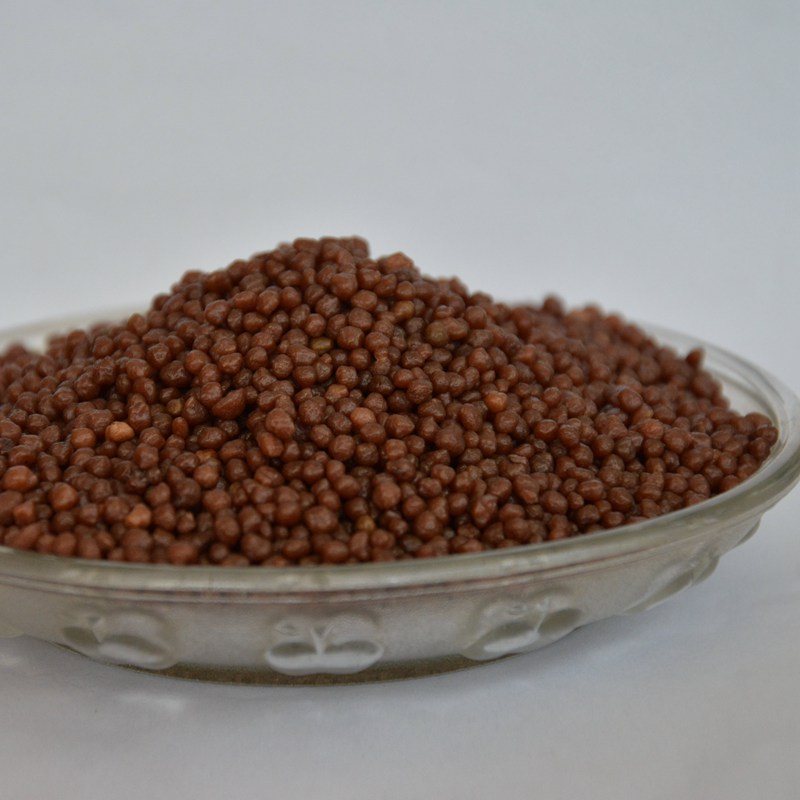
Application Principles and Methods of Nitrogen Fertilizer
Nitrogen fertilizer, as one of the indispensable and important fertilizers in modern agricultural production, plays a crucial role in increasing crop yield, improving agricultural product quality, and maintaining soil fertility through its rational application.Leer más -
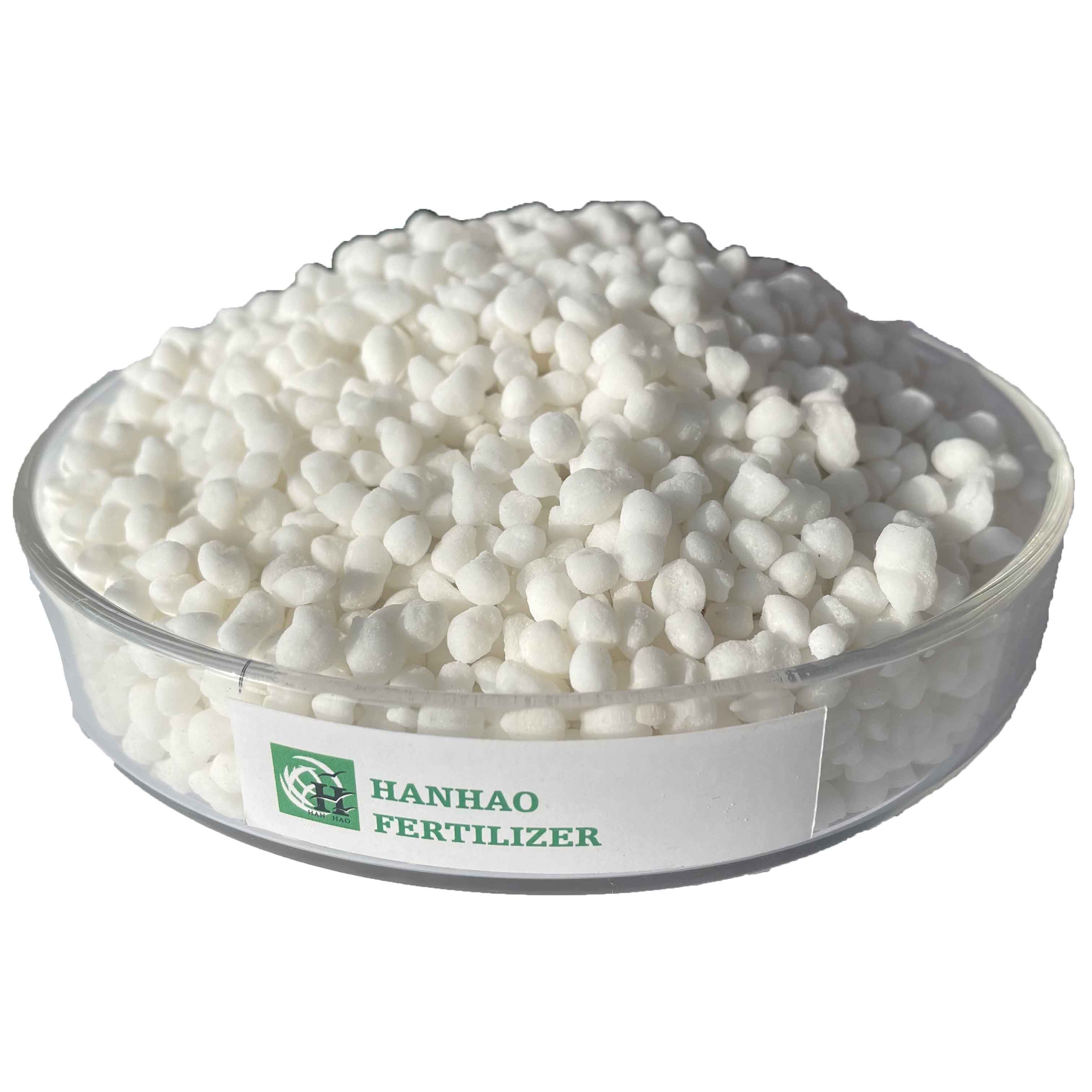
Usage and Precautions of Organic Fertilizer
The usage methods and precautions of organic fertilizer in agricultural production are of great significance for ensuring the effective use of fertilizers, promoting crop growth, and protecting the ecological environment.Leer más -
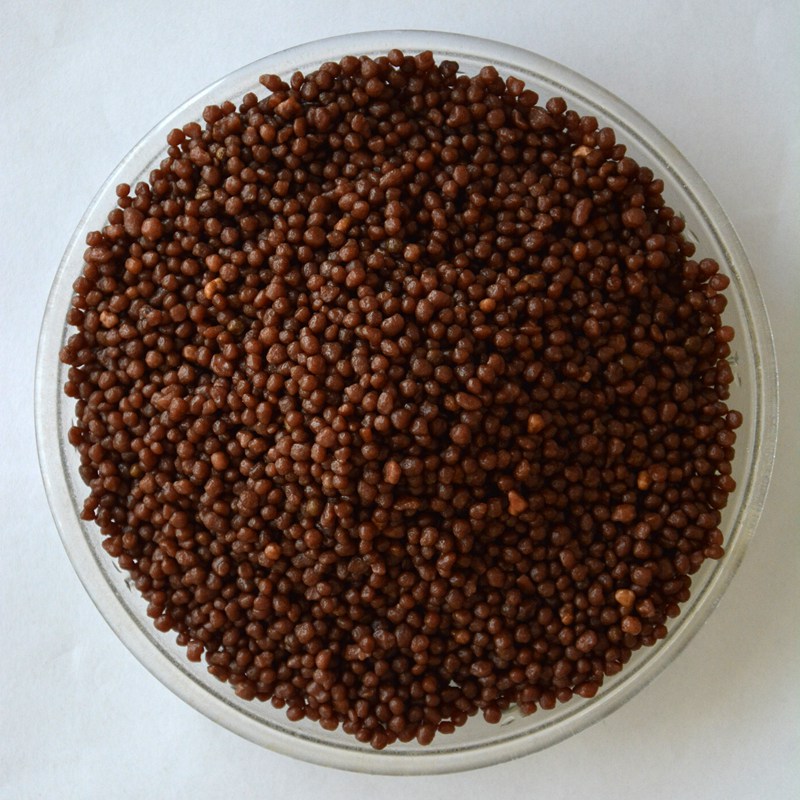
The Main Application Areas of Organic Fertilizer
Organic fertilizer have a wide range of applications in agricultural production, ecological environment protection, and sustainable agricultural development.Leer más -
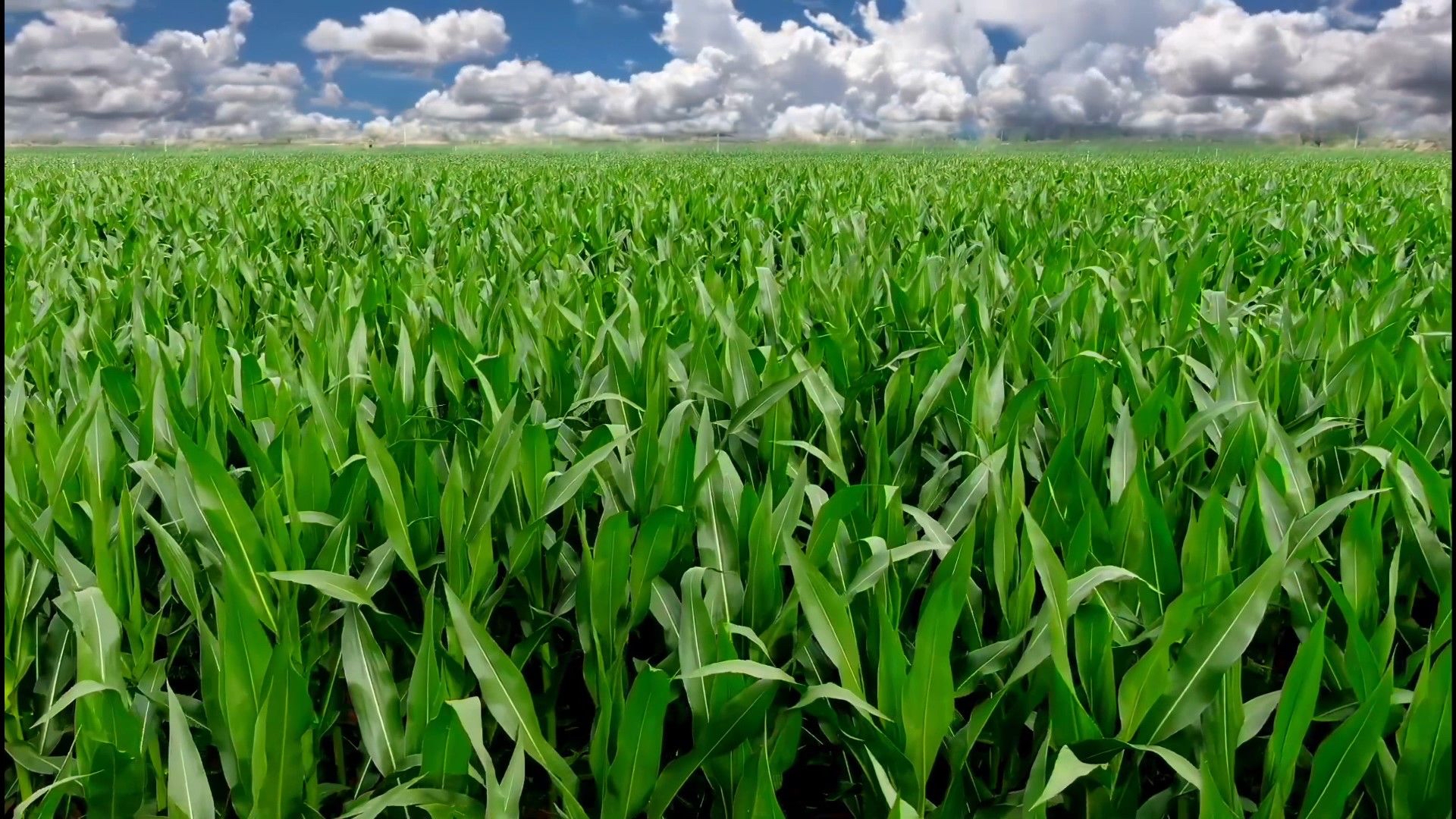
The Function of Humic Acid Fertilizer
Humic acid fertilizer, as an organic fertilizer rich in humic acid components, plays multiple functions and roles in agricultural production, and its importance cannot be ignored.Leer más -
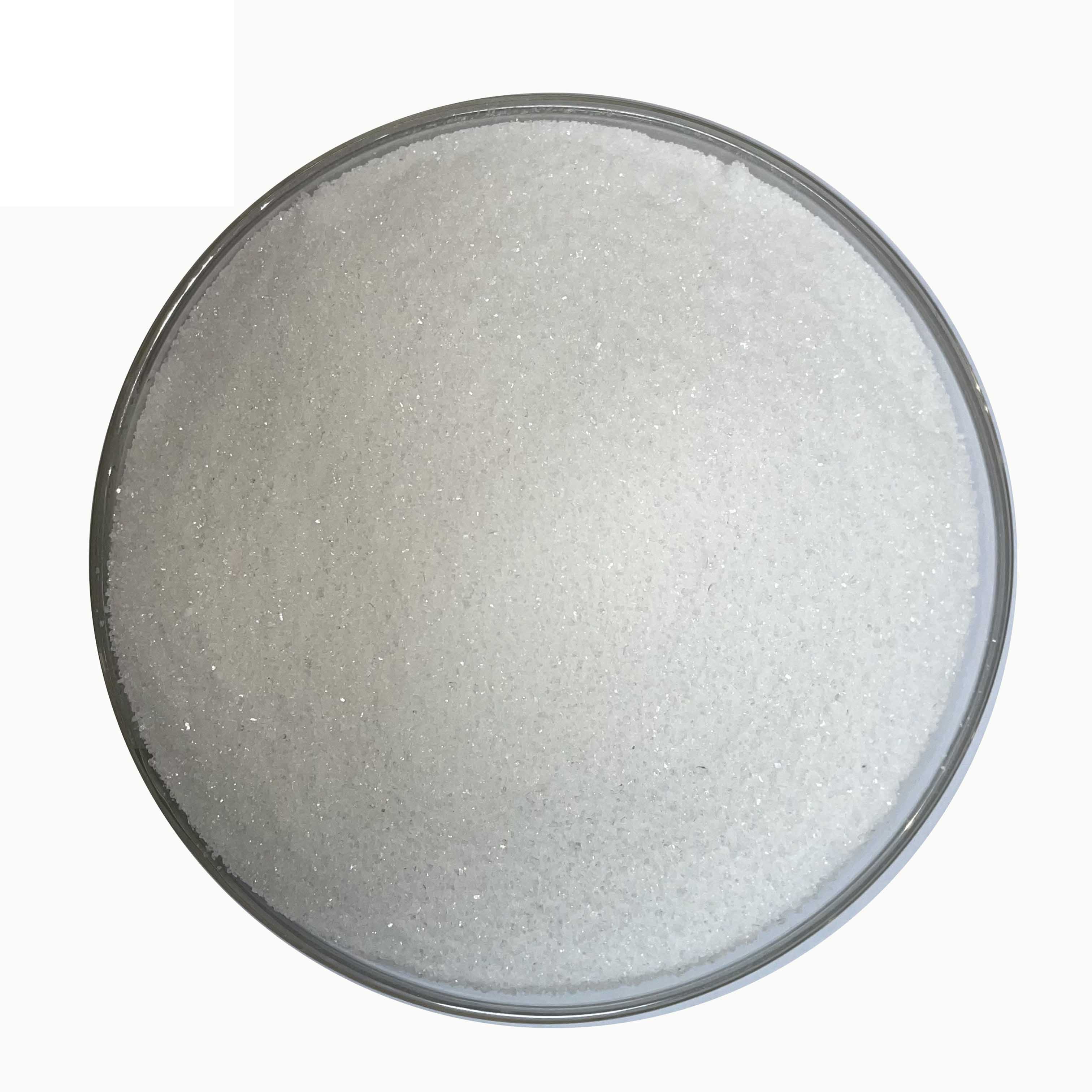
The Function and Efficacy of Potash Fertilizer
Potash fertilizer plays a crucial role in agricultural production, with extensive and far-reaching effects and benefits.Leer más -
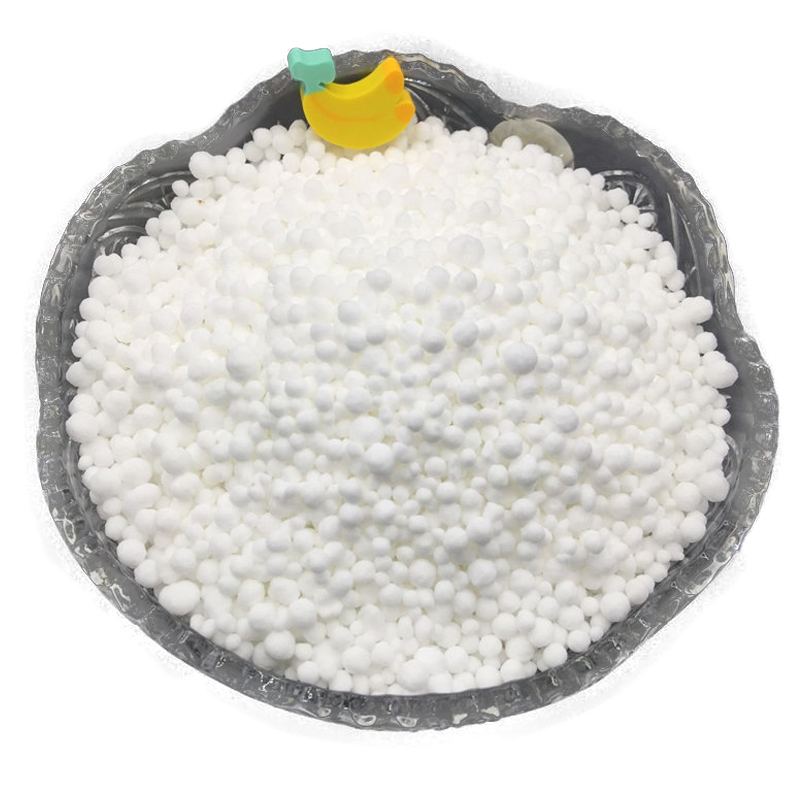
How to Use Organic Fertilizer
The use of organic fertilizer is crucial in agricultural production, as it affects the efficiency of fertilizer utilization, crop growth status, and long-term soil fertility.Leer más -
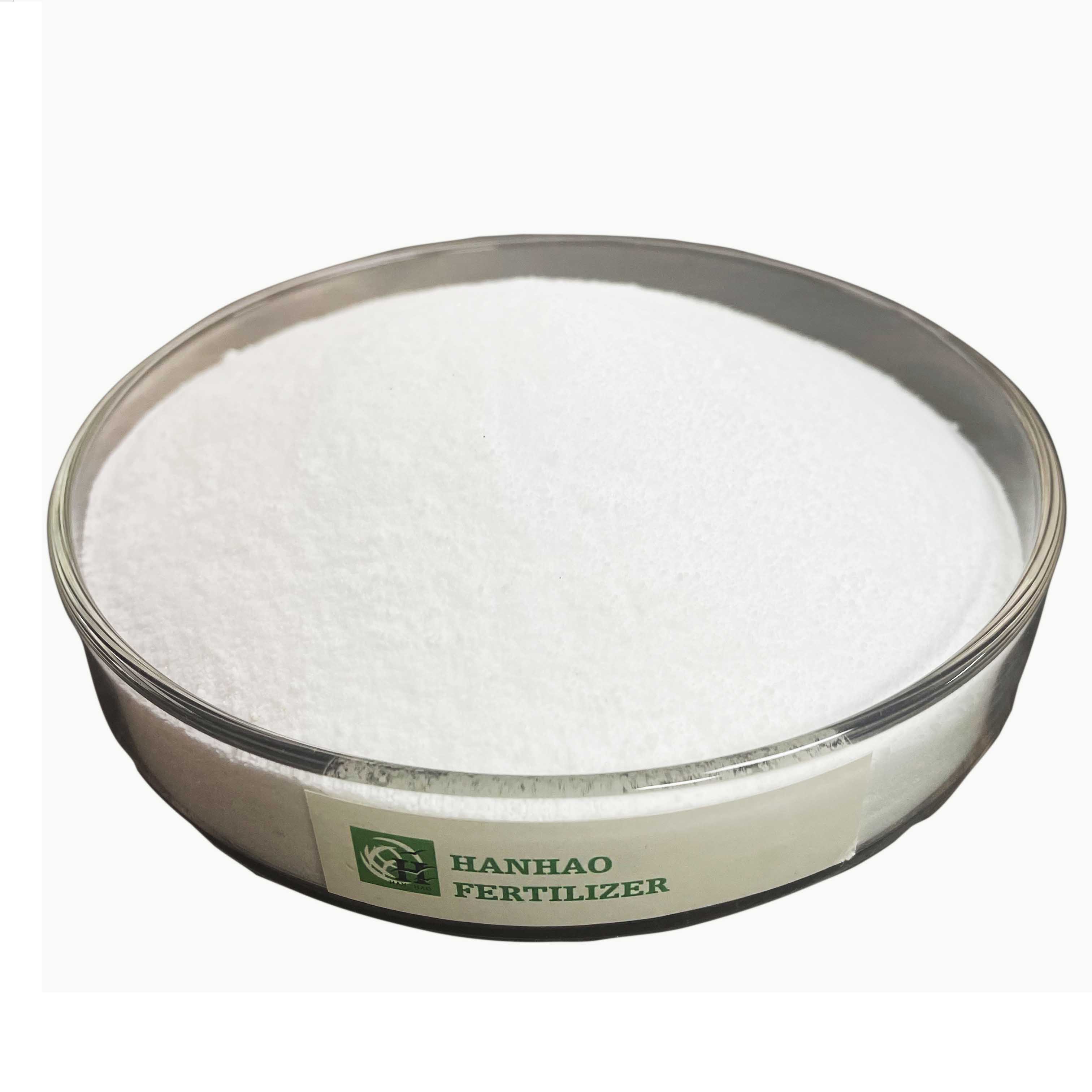
Application Method and Precautions of Potash Fertilizer
Potash fertilizer, the application method and precautions of potassium fertilizer in agricultural production are important links to ensure the full effectiveness of fertilizers and promote crop growth.Leer más -
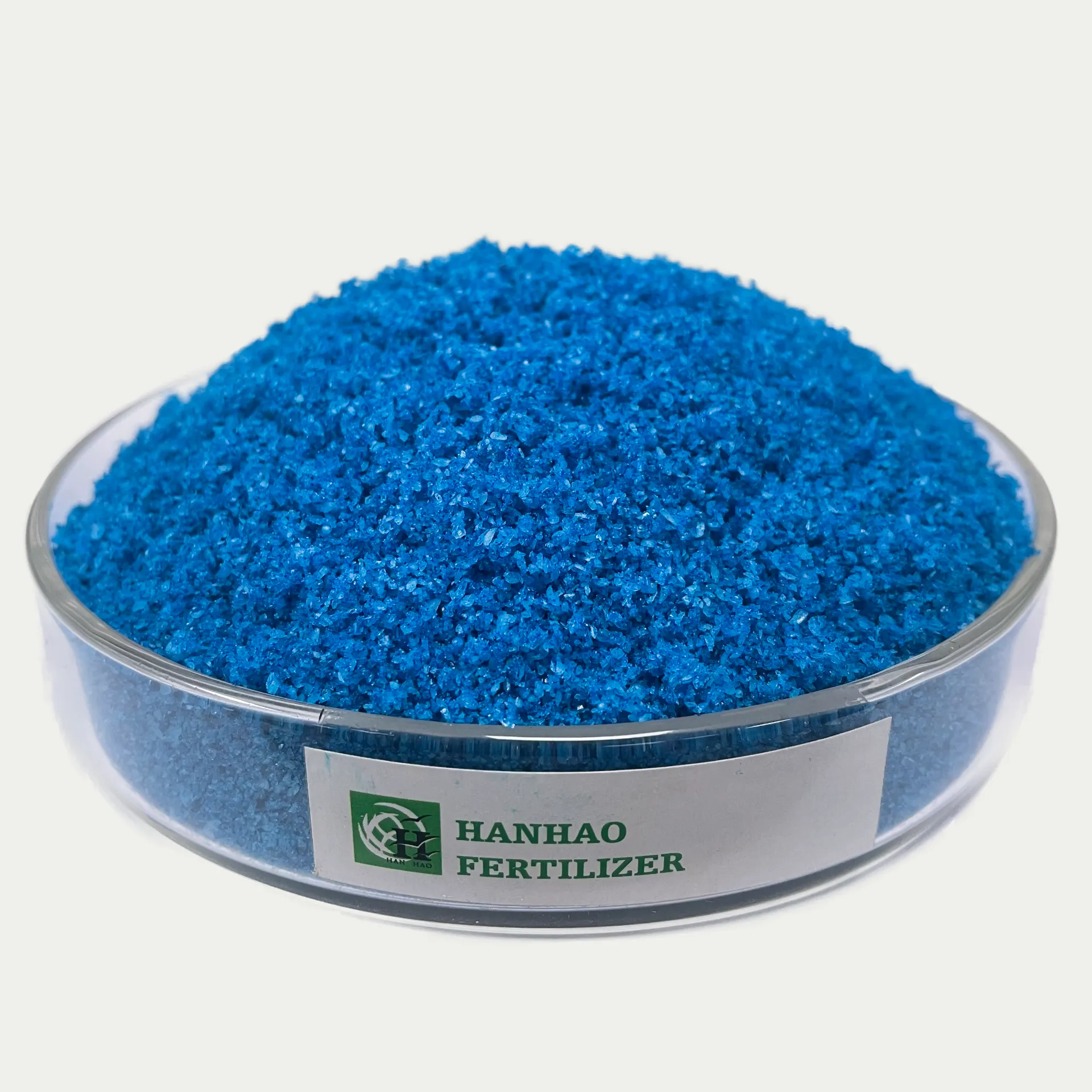
The Superfood for Vegetables: NPKS Fertilizers – The All-Round Nutritionist of Your Garden
In the lush green vegetable gardens, an unsung hero plays a crucial role: NPKS fertilizers. These fertilizers, consisting of Nitrogen (N), Phosphorus (P), and Potassium (K), are essential nutrients for plant growth. Acting like a comprehensive nutritionist, NPKS fertilizers provide balanced nourishment, promote healthy growth, and enhance resistance to stress, thus boosting crop yields and market value.Leer más -
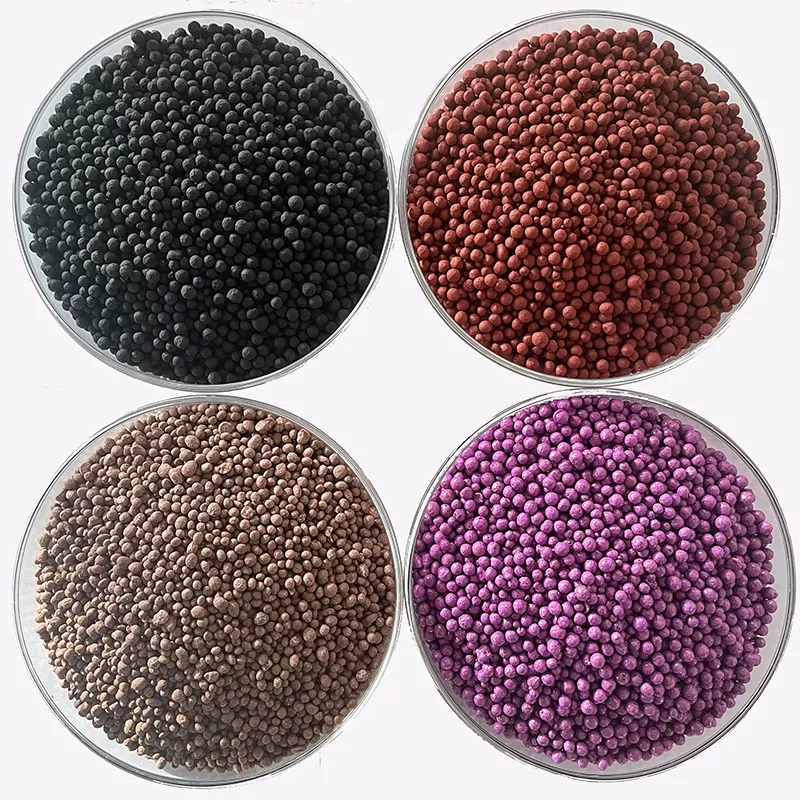
Potash: The Invisible Champion Behind Rice Crops
In the sunlit rice paddies, rows of lush green rice plants sway gently in the wind, creating a picturesque rural scene. Yet, behind this beautiful scene lies an unsung hero—agriculture potash. This silent guardian ensures that every grain of rice shines with the promise of a bountiful harvest, using its quiet yet powerful strength to nurture the lifeblood of the fields.Leer más

